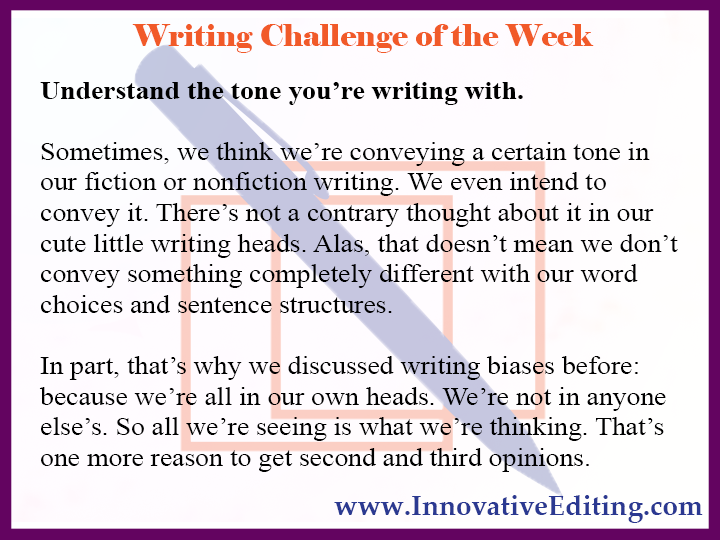Writing About Fathers
- Jeannette DiLouie
- Jun 18, 2018
- 3 min read
In honor of Father’s Day yesterday, let’s discuss the topic of fathers in fiction. In order to portray them correctly in our writing worlds, we need to first understand their influence in the real one.
I know this can be a touchy subject when fathers aren’t always the greatest. While I love and respect mine very much, there are too many people who did not receive that blessing growing up. And I’ve seen the effects that has on them.
It can be downright heartbreaking considering how fathers have such an enormous impact on our lives. When someone has a good father, it immensely effects their self-esteem for the better…
And when someone has a bad father, it immensely effects their self-esteem for the worse. As such, they’re more prone to:
Allow negative psychological and philosophical influences into their lives (i.e., people who will push them toward unhealthy mindsets)
Take unhealthy physical risks just to gain someone else’s approval, even if it’s flat-out illegal
Rely on long-term and financially costly trips to psychologists, psychiatrists and counselors due to depression.
Don’t just take my word for it though. After all, I’m just a writer, not a psychologist, psychiatrist or counselor myself. So here’s what the experts have to say on the matter, starting with Stephen F. Duncan, Ph.D., a Michigan State University professor, and family and human development specialist.
In his employer’s Montguide publication, he wrote how:
Father involvement makes a real difference. Whether the outcome is intellectual development, sex-role development, or psychological development, most kids do better when their relationship with Dad is close and warm, whether Dad lives with them or not… During the first weeks in a baby’s life, when moms are usually at home, dads become the child’s “most significant other.” It is through the father that the baby first learns about comings and goings, transitions, separations and non-mother nurturing.
And let’s face it: having a truly loving and personally invested non-mothering influence in our lives is exceptionally important when the rest of the world isn’t going to mother us. So, essentially, a father enables us to best deal with the real world.
As quoted in The Atlantic, Yale University’s Kyle Pruett agrees, saying that “fathers don’t mother.” That’s not to discount the importance of a loving mother, of course; it’s just to say that we need more than just mothering to become stable, happy and healthy adults.
In fact, The Atlantic discusses four different types of areas where fathers play significant and important roles in their children, including teaching them the power of play:
“In infants and toddlers, fathers' hallmark style of interaction is physical play that is characterized by arousal, excitement, and unpredictability,” writes psychologist Ross Parke, who has conducted dozens of studies on fatherhood, including a study of 390 families that asked mothers and fathers to describe in detail how they played with their children. By contrast, mothers are “more modulated and less arousing” in their approach to play.
From a Saturday morning spent roughhousing with a four-year-old son to a weekday afternoon spent coaching middle-school football, fathers typically spend more of their time engaged in vigorous play than do mothers, and play a uniquely physical role in teaching their sons and daughters how to handle their bodies and their emotions on and off the field. Psychologist John Snarey put it this way in his book, How Fathers Care for the Next Generation: "children who roughhouse with their fathers... quickly learn that biting, kicking, and other forms of physical violence are not acceptable."
All good things to learn, right?
There are also distinctive ways that fathers encourage healthy amounts of risk, offer a sense of physical security growing up and maintain healthy boundaries through appropriate levels of discipline.
So if you need to know how to write about fathers in a realistic fashion, make sure to take all of that into consideration while you do. And even though it’s no longer Father’s Day, if you had a good father, make sure to let him know how appreciated he is.




